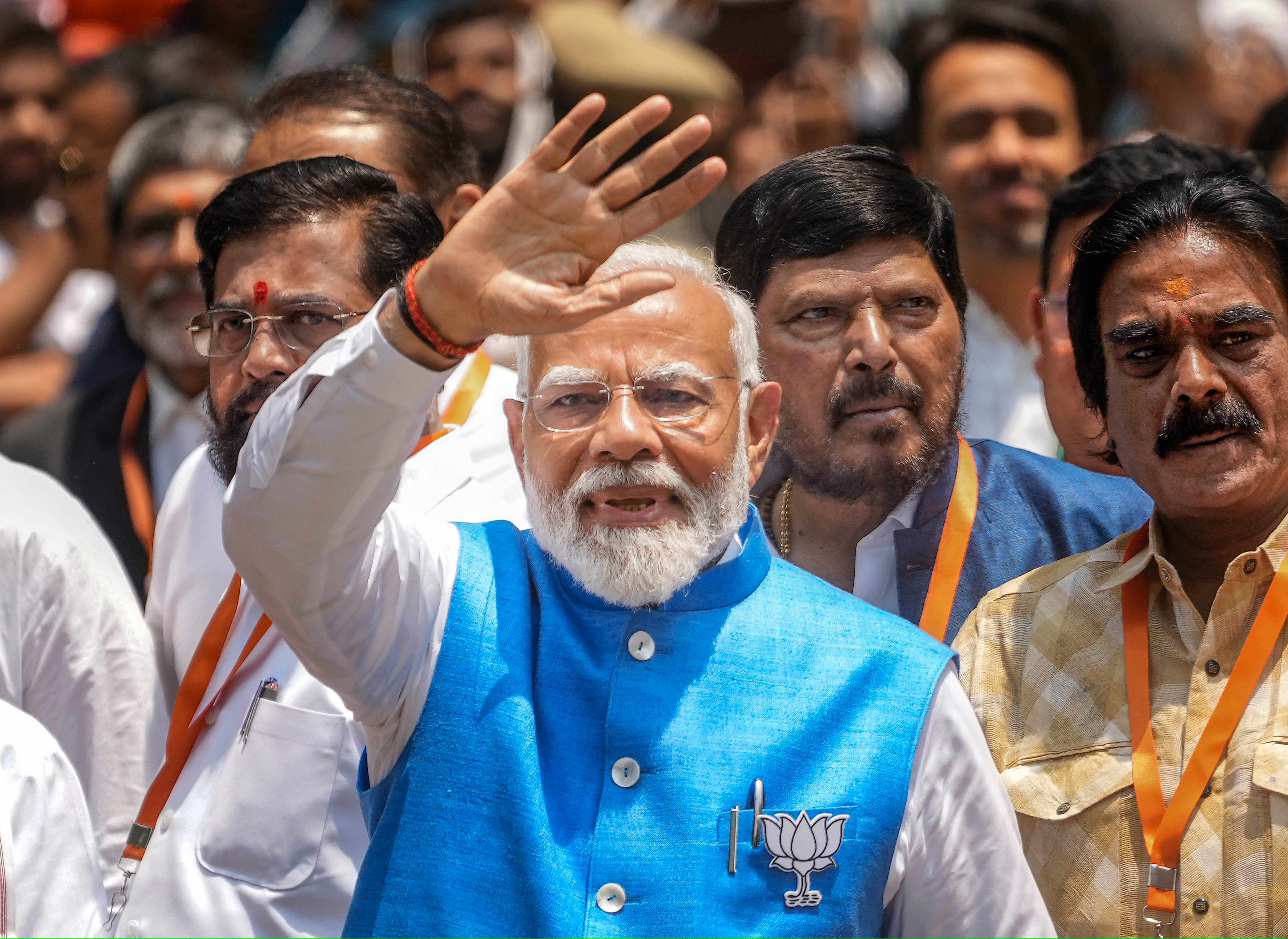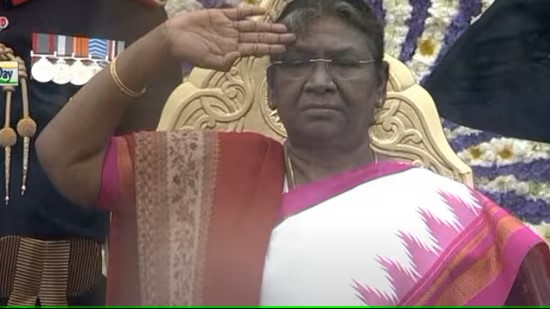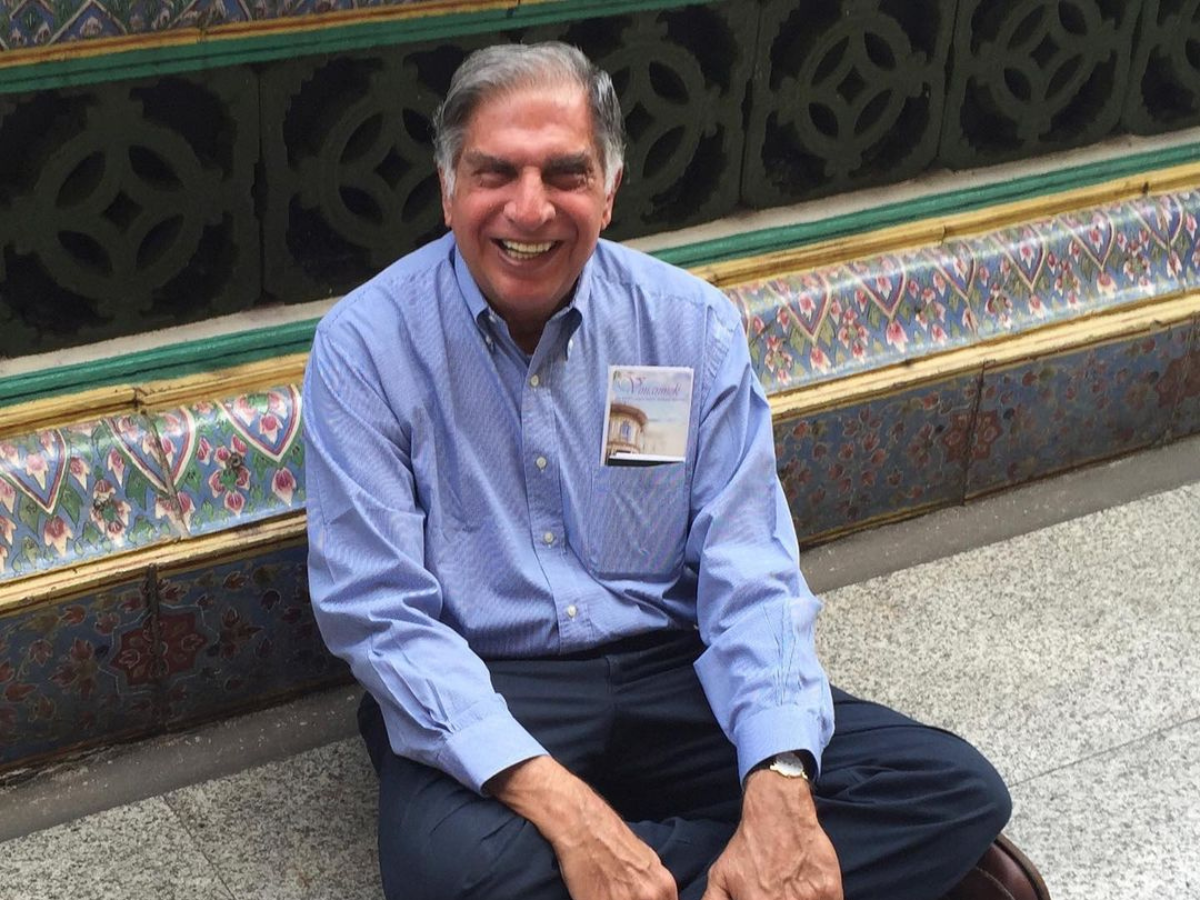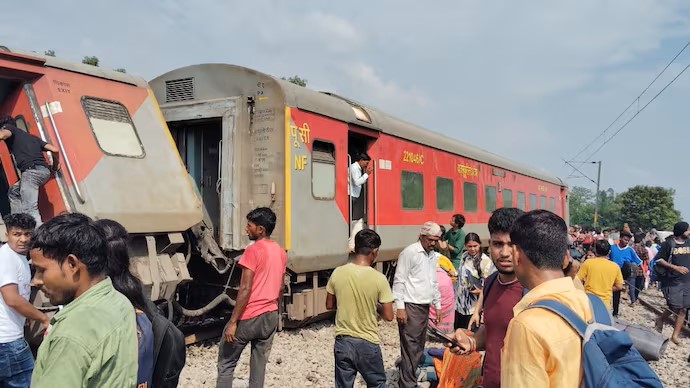As India marks Hindi Diwas, leaders from various sectors have shared their perspectives on the significance of Hindi in shaping national identity and fostering unity in a linguistically diverse country. Celebrated annually on September 14, Hindi Diwas commemorates the day in 1949 when the Constituent Assembly of India declared Hindi as the official language of the Union. This year, prominent figures such as Prime Minister Narendra Modi, Home Minister Amit Shah, West Bengal Chief Minister Mamata Banerjee, and others have reflected on Hindi’s cultural, social, and political importance.
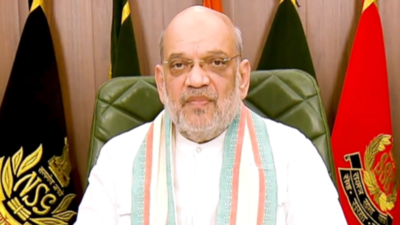 In his address on Hindi Diwas, Prime Minister Narendra Modi emphasized his personal connection to the language and its role in bridging gaps between people. He remarked, “Without understanding Hindi, how could I have reached out to and connected with people? I personally value the strength of Hindi.” Modi also paid tribute to leaders like Subhas Chandra Bose, Mahatma Gandhi, and others who, despite not being native Hindi speakers, championed the language. He highlighted Hindi’s potential to serve as a unifying medium among India’s diverse regional languages.
In his address on Hindi Diwas, Prime Minister Narendra Modi emphasized his personal connection to the language and its role in bridging gaps between people. He remarked, “Without understanding Hindi, how could I have reached out to and connected with people? I personally value the strength of Hindi.” Modi also paid tribute to leaders like Subhas Chandra Bose, Mahatma Gandhi, and others who, despite not being native Hindi speakers, championed the language. He highlighted Hindi’s potential to serve as a unifying medium among India’s diverse regional languages.
Union Home Minister Amit Shah underscored that Hindi does not compete with other Indian languages but rather complements them. He stated, “Hindi strengthens all languages, and vice versa. Whether it’s Gujarati, Marathi, Telugu, Malayalam, Tamil, or Bangla, each language supports Hindi and is supported by it.” Shah also celebrated the 75th anniversary of Hindi’s recognition as the official language and noted recent government efforts to enhance both Hindi and regional languages through initiatives like AI-driven translation tools.
West Bengal Chief Minister Mamata Banerjee reaffirmed her government’s commitment to promoting Hindi while valuing linguistic diversity. She said, “We respect all languages and have worked to support Hindi speakers in our state since 2011.” Banerjee highlighted state initiatives such as the establishment of the Hindi Academy and Hindi University, reflecting West Bengal’s efforts to embrace Hindi alongside its regional languages.
Defence Minister Rajnath Singh highlighted Hindi’s historical role in promoting social cohesion. He noted, “Hindi has served as a tool for fostering unity among different communities throughout our history.” Singh praised the language’s ability to integrate words from various languages, emphasizing its inclusivity and the unity it represents within Indian culture.
“Hindi as a Cultural Symbol” Uttarakhand Chief Minister Pushkar Singh Dhami focused on Hindi’s role as a cultural and aspirational symbol. “Hindi represents our culture, values, and aspirations,” he said, stressing its importance in preserving national heritage and acting as a bridge among the people of India. Dhami called on citizens to actively promote Hindi and use it in their daily lives to further enhance its respect both within India and globally.
These reflections from key leaders underscore a collective commitment to celebrating and promoting Hindi, not only as an official language but also as a crucial element in connecting and uniting India’s diverse linguistic landscape.

